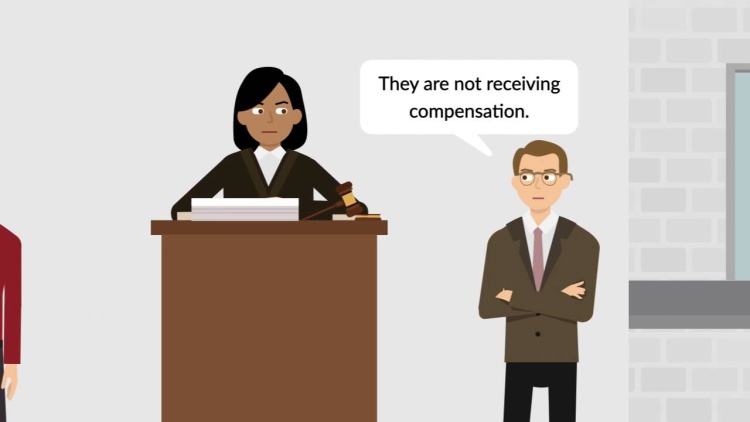United States v. Bagley
United States Supreme Court
473 U.S. 667, 105 S.Ct. 3375, 87 L.Ed.2d 481 (1985)
- Written by DeAnna Swearingen, LLM
Facts
Bagley (defendant) was indicted on drug and weapons charges. Before trial, Bagley sought discovery of the prosecution’s witnesses and any deals made in exchange for testimony. In response, the prosecution provided affidavits from two key witnesses stating that no deals had been made. The witnesses testified, and Bagley was convicted of the drugs charges and acquitted of the weapons charges. Later, Bagley filed Freedom of Information Act requests and received contracts that the two witnesses had signed agreeing to testify in exchange for $300. Bagley claimed that the government had violated his due process rights by withholding evidence that the defense could have utilized to impeach the witnesses. The district court held that the evidence was not material because the outcome would have been the same. The court of appeals reversed, holding that Bagley was entitled to automatic reversal under Brady v. Maryland, 373 U.S. 83 (1963). The United States Supreme Court granted certiorari.
Rule of Law
Issue
Holding and Reasoning (Blackmun, J.)
Concurrence (White, J.)
Dissent (Marshall, J.)
What to do next…
Here's why 904,000 law students have relied on our case briefs:
- Written by law professors and practitioners, not other law students. 47,100 briefs, keyed to 995 casebooks. Top-notch customer support.
- The right amount of information, includes the facts, issues, rule of law, holding and reasoning, and any concurrences and dissents.
- Access in your classes, works on your mobile and tablet. Massive library of related video lessons and high quality multiple-choice questions.
- Easy to use, uniform format for every case brief. Written in plain English, not in legalese. Our briefs summarize and simplify; they don’t just repeat the court’s language.





